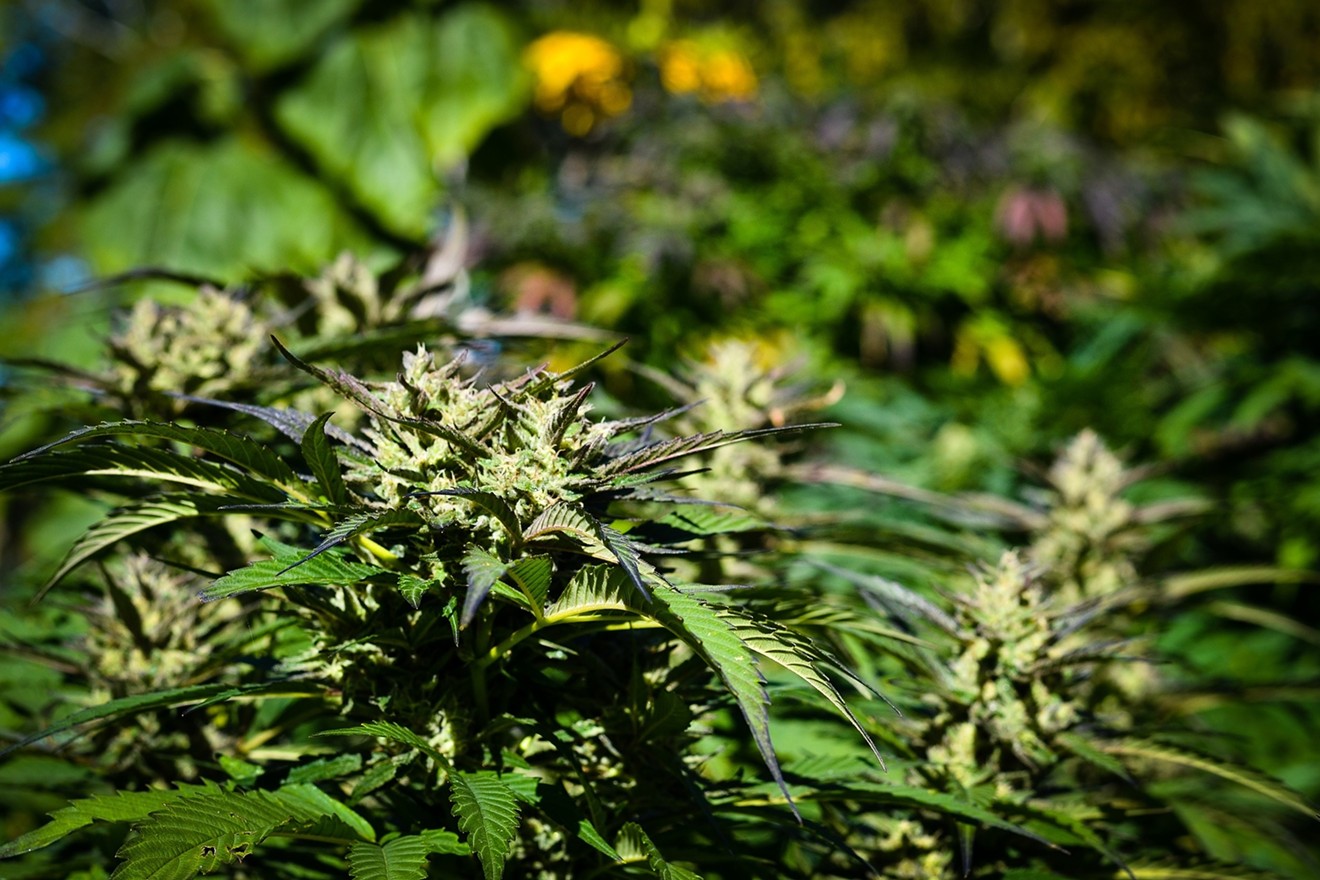It’s fair to say the 2010s have been the decade of American cannabis.
Since Colorado and Washington state legalized recreational-use cannabis back in 2012, the cannabis industry has been booming worldwide. Cannabis sales worldwide have more than tripled, booming from $3.4 billion to $10.9 billion between 2014 and 2018. Experts predict sales to grow up to as much as $200 billion by 2030.
The final year of the decade has been no different, especially for the Grand Canyon State.
According to estimates from Arcview Market Research and BDS Analytics via their 2019 State and Legal Cannabis Markets report, the state of Arizona raked in an impressive $705 million in profit, landing them at eighth place in the overall rankings.
To compound the impressiveness of that number, the state of Arizona still broke into the top 10 despite being one of four states on the list to allow only medical cannabis, trailing Florida and Michigan in terms of profit from their medical programs.
That $705 million total is likely only the beginning for legal cannabis sales in Arizona, however. Nearly 50 percent of medical cannabis users in the state are between the age of 18 and 40 according to the Arizona Department of Health Services, meaning the industry has plenty of young customers who will carry the industry forward for decades.
Also helping the medical side, the state made registration cards good for two years instead of one, essentially halving the cost of a card. Since then, the number of patients has risen to 215,104, as of the latest DHS report from October. That represents a nearly 14 percent increase in patients since January’s numbers, with a steady uptick each month.
Yet sales would likely skyrocket with a potential ballot initiative in 2020 to legalize recreational cannabis via the Smart and Safe Arizona Act. Previous state estimates suggest there may be at least 600,000 Arizonans who consume cannabis at least some of the time, making the industry seem unstoppable.
With experts like Arcview and BDS Analytics projecting the growth of the legal cannabis industry to show no signs of slowing down in the years to come, it’s no wonder legal cannabis spending is expected to grow nationwide to $30.03 billion by 2024.
Arcview and BDS Analytics project that Arizona will pull in an astounding $1.47 billion by 2024, beating out states like Nevada, Washington, and Oregon in profits.
With well over half of America — a healthy majority of 66 percent — in favor of recreational cannabis legalization, it’s clear where public opinion is going. That’s a key reason why states like New York, New Jersey, Delaware, Arkansas, and of course, Arizona are all pushing to legalize cannabis in 2020.
Easy money? Not quite. An explosion in new sales due to recreational legalization is not assured. The Smart and Safe campaign still has to collect and turn in a minimum of 237,645 valid voter signatures by July 2, 2020. That effort could fall short, although the powerful and wealthy dispensary industry makes it easy to predict it will meet its goal.
Yet the industry’s power itself raises another problem, that the industry’s initiative, from a sales standpoint, will mostly benefit the industry itself, leaving other would-be cannabis entrepreneurs far from the grow lights. That worries people who believe the industry is making an unfair power grab. Some of those people joined together to create the Arizona Cannabis Chamber of Commerce in October, a group that intends to write a different ballot initiative with the help of the Legislature, if possible. Such an effort could derail Smart and Safe at the polls.
Whether or not a rec law will pass in 2020, though, it seems inevitable given the trends. That fact, combined with the steady growth of medical marijuana sales, means that making a billion dollars isn’t just cool — it’s the state industry’s destiny.
[
{
"name": "Air - MediumRectangle - Inline Content - Mobile Display Size",
"component": "18478561",
"insertPoint": "2",
"requiredCountToDisplay": "2"
},{
"name": "Editor Picks",
"component": "16759093",
"insertPoint": "4",
"requiredCountToDisplay": "1"
},{
"name": "Inline Links",
"component": "17980324",
"insertPoint": "8th",
"startingPoint": 8,
"requiredCountToDisplay": "7",
"maxInsertions": 25
},{
"name": "Air - MediumRectangle - Combo - Inline Content",
"component": "16759092",
"insertPoint": "8th",
"startingPoint": 8,
"requiredCountToDisplay": "7",
"maxInsertions": 25
},{
"name": "Inline Links",
"component": "17980324",
"insertPoint": "8th",
"startingPoint": 12,
"requiredCountToDisplay": "11",
"maxInsertions": 24
},{
"name": "Air - Leaderboard Tower - Combo - Inline Content",
"component": "16759094",
"insertPoint": "8th",
"startingPoint": 12,
"requiredCountToDisplay": "11",
"maxInsertions": 24
}
]











